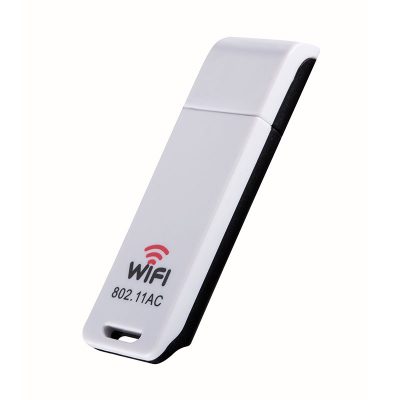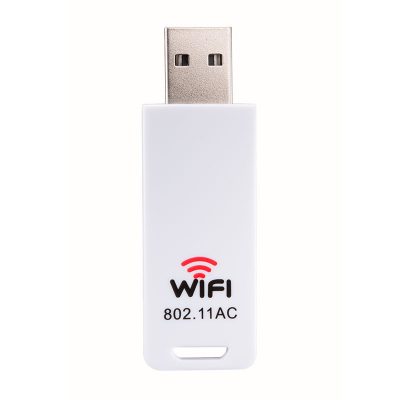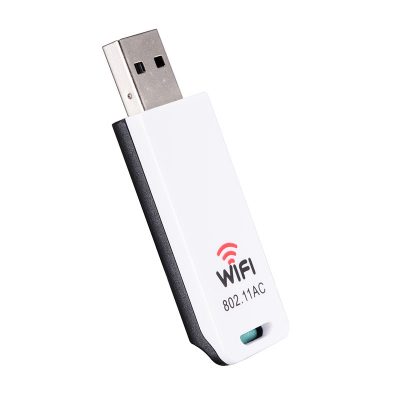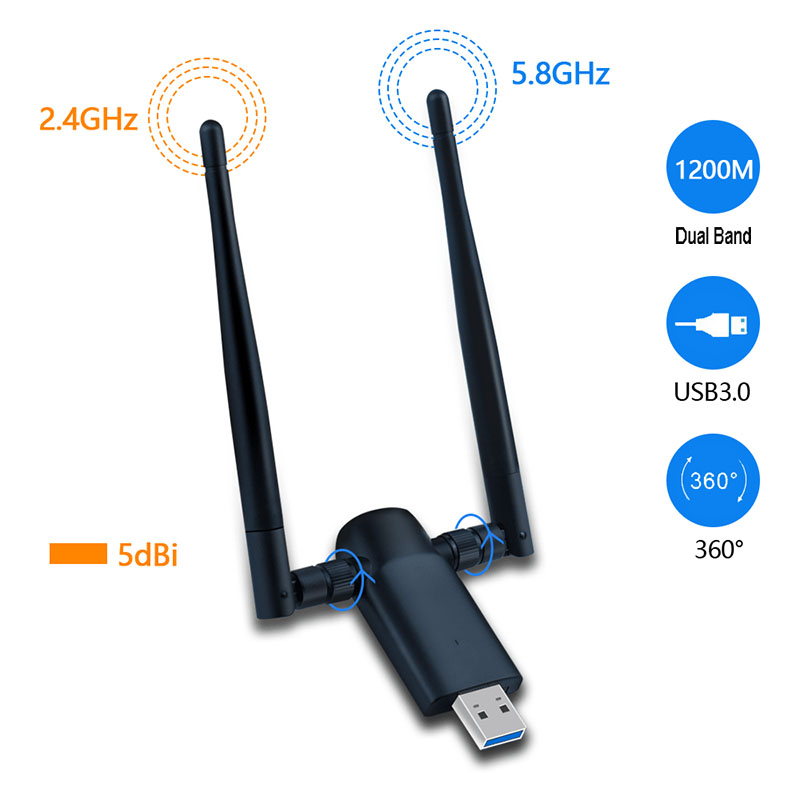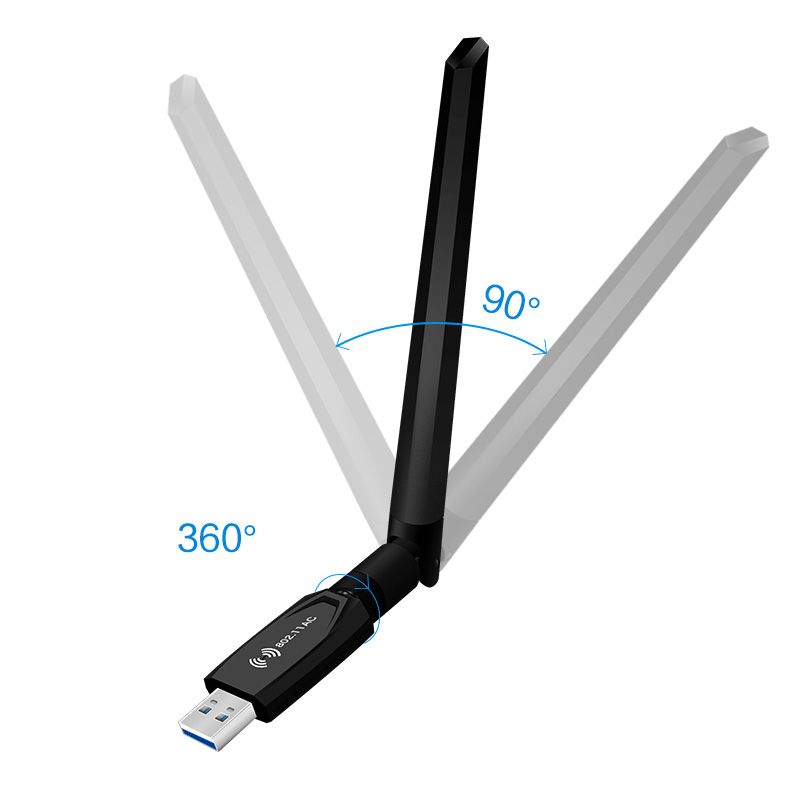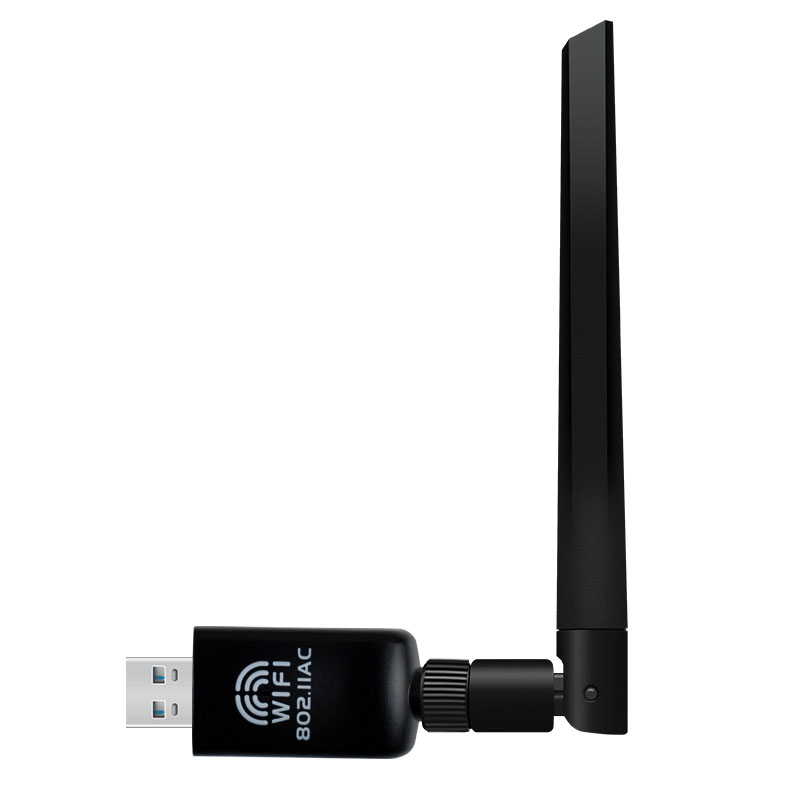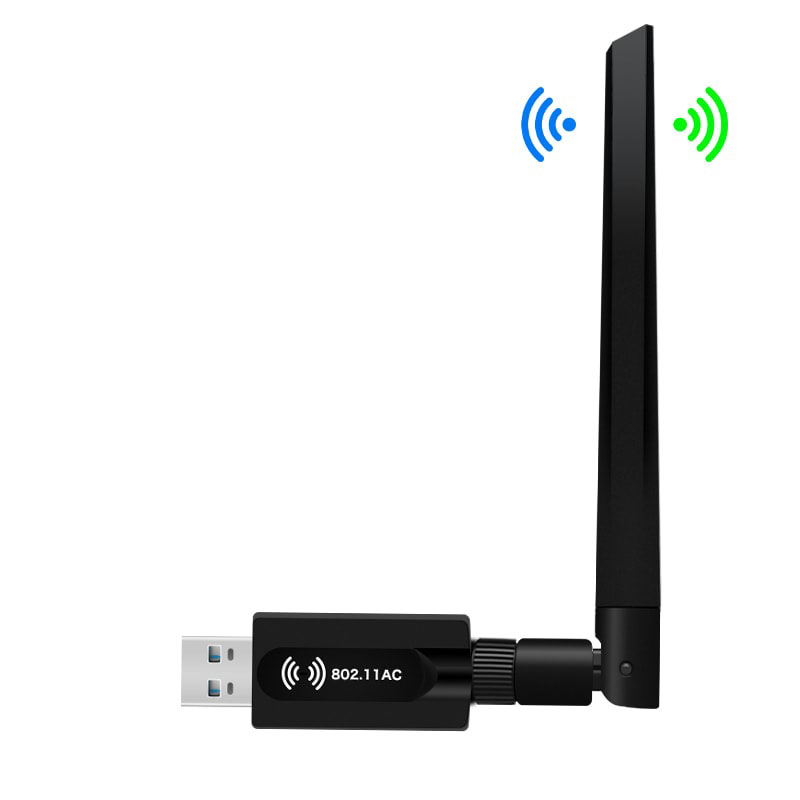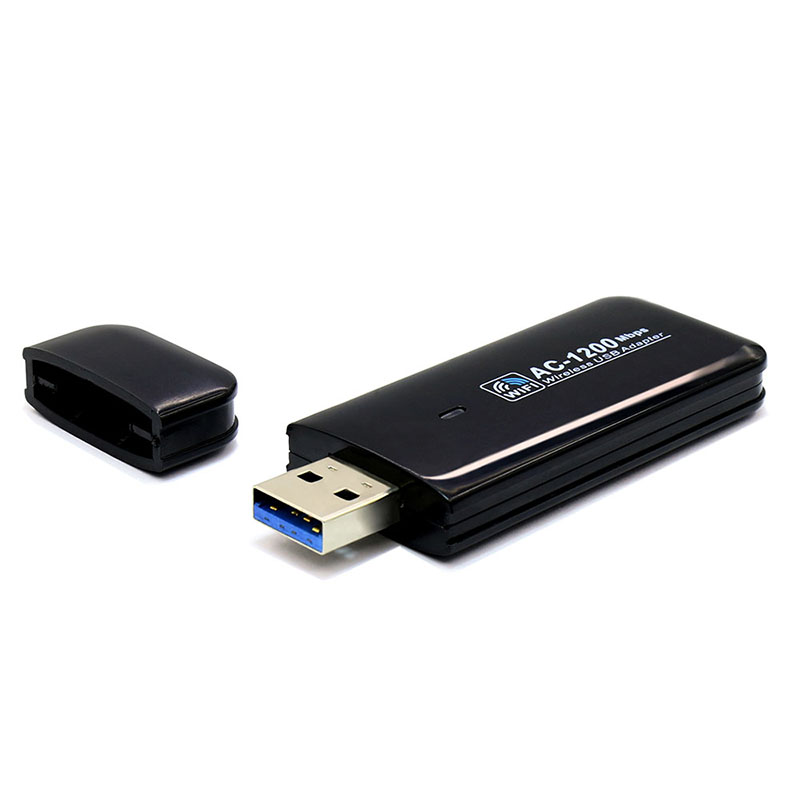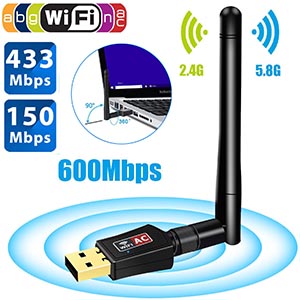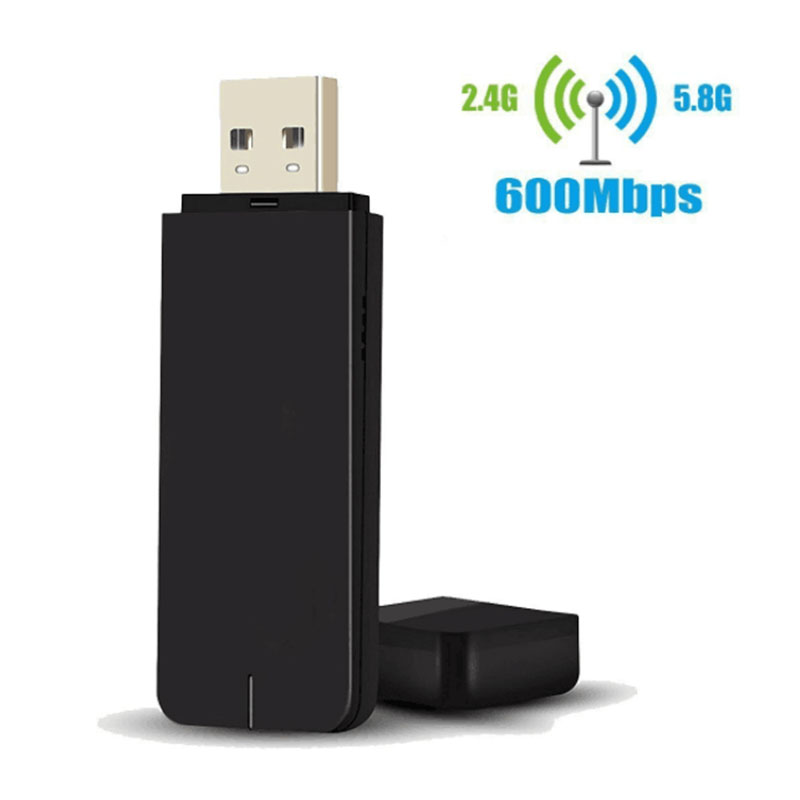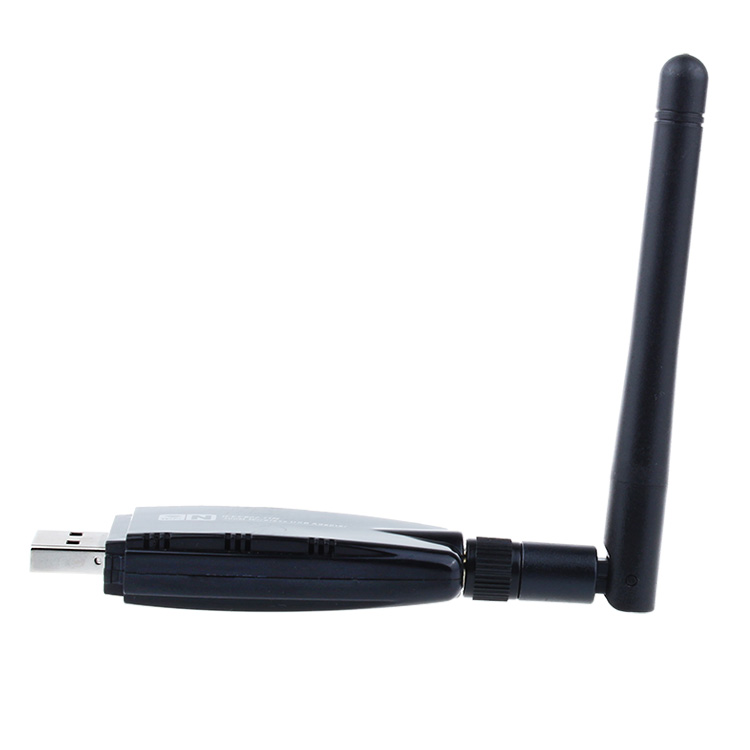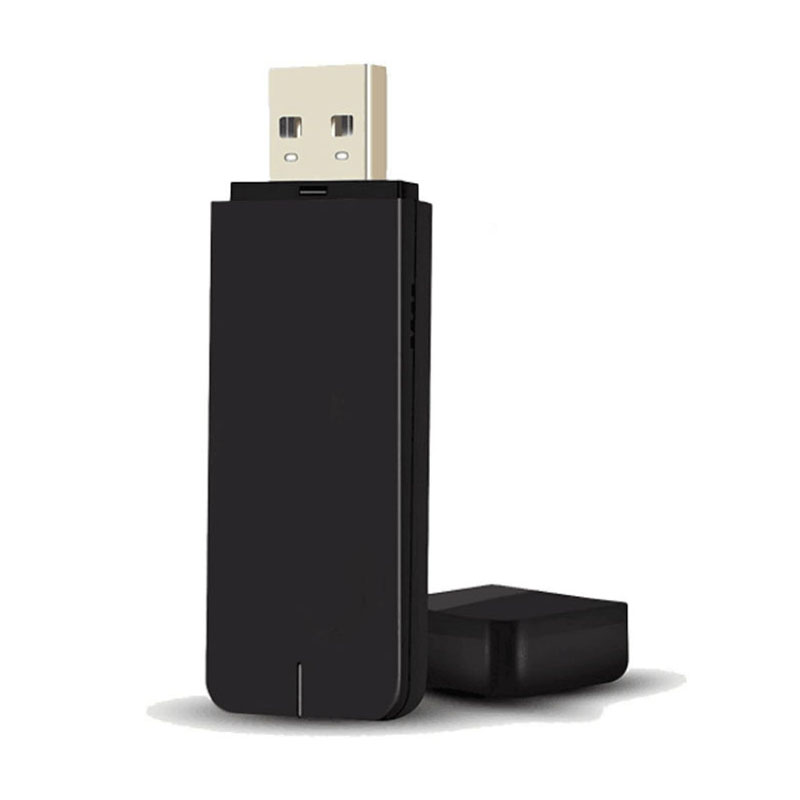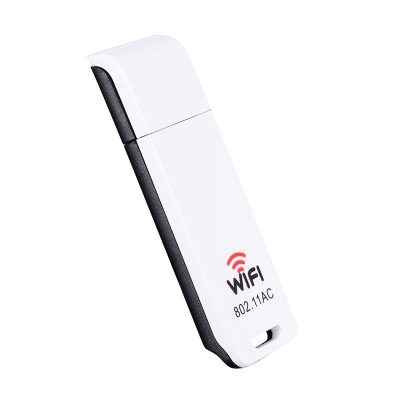
IMILINK's AC1200 Wireless Dual Band USB WiFi Adapter, IM1200H allows users to connect desktop or laptop computers to any Wireless-N networks in your home or office and enjoy high speed wireless performance. What’s more, the IM1200H features SoftAP Mode, easy-to-use configuration software, making it a great choice for enjoying fast wireless network. It also has advanced wireless encryption for easy installation.It provides an easy way to upgrade even older laptops to next generation Wi-Fi.


